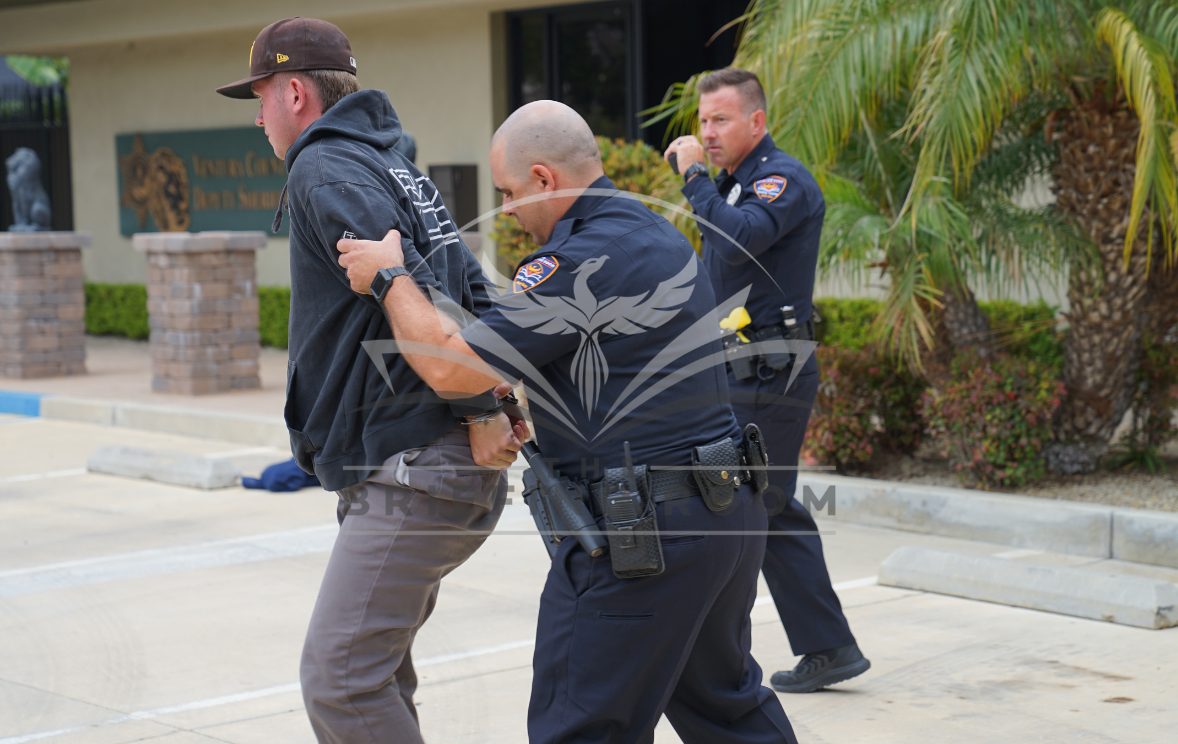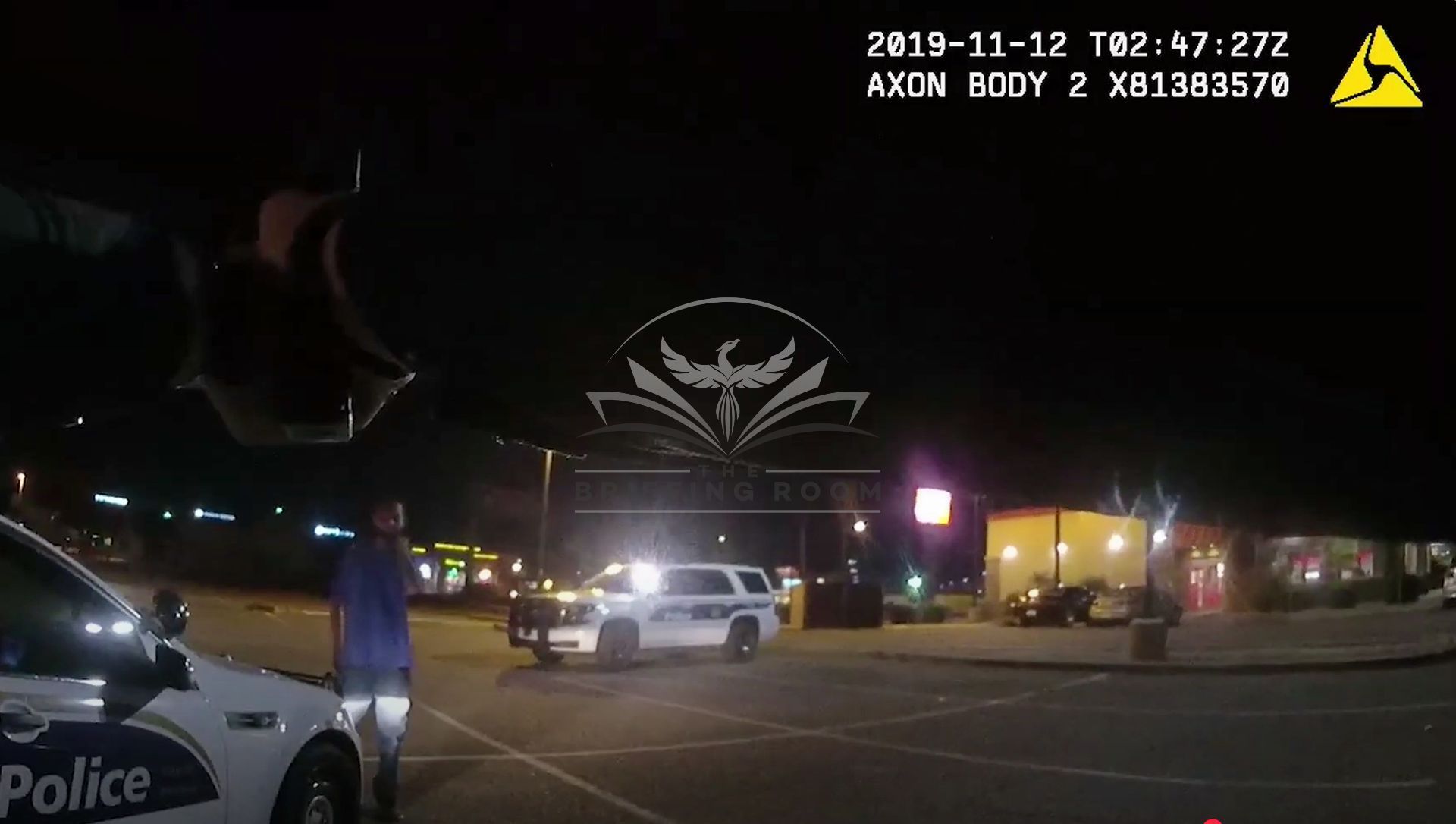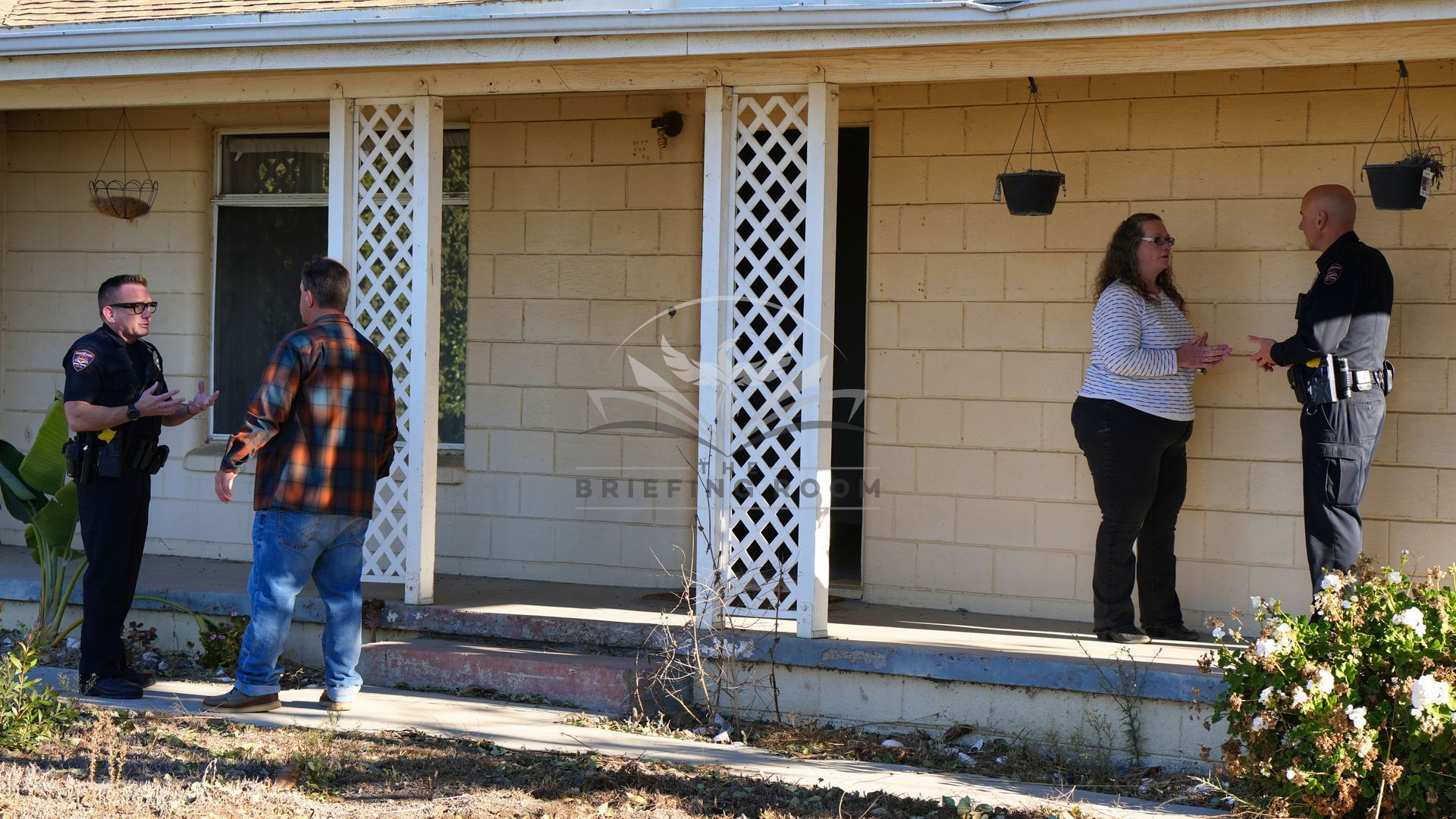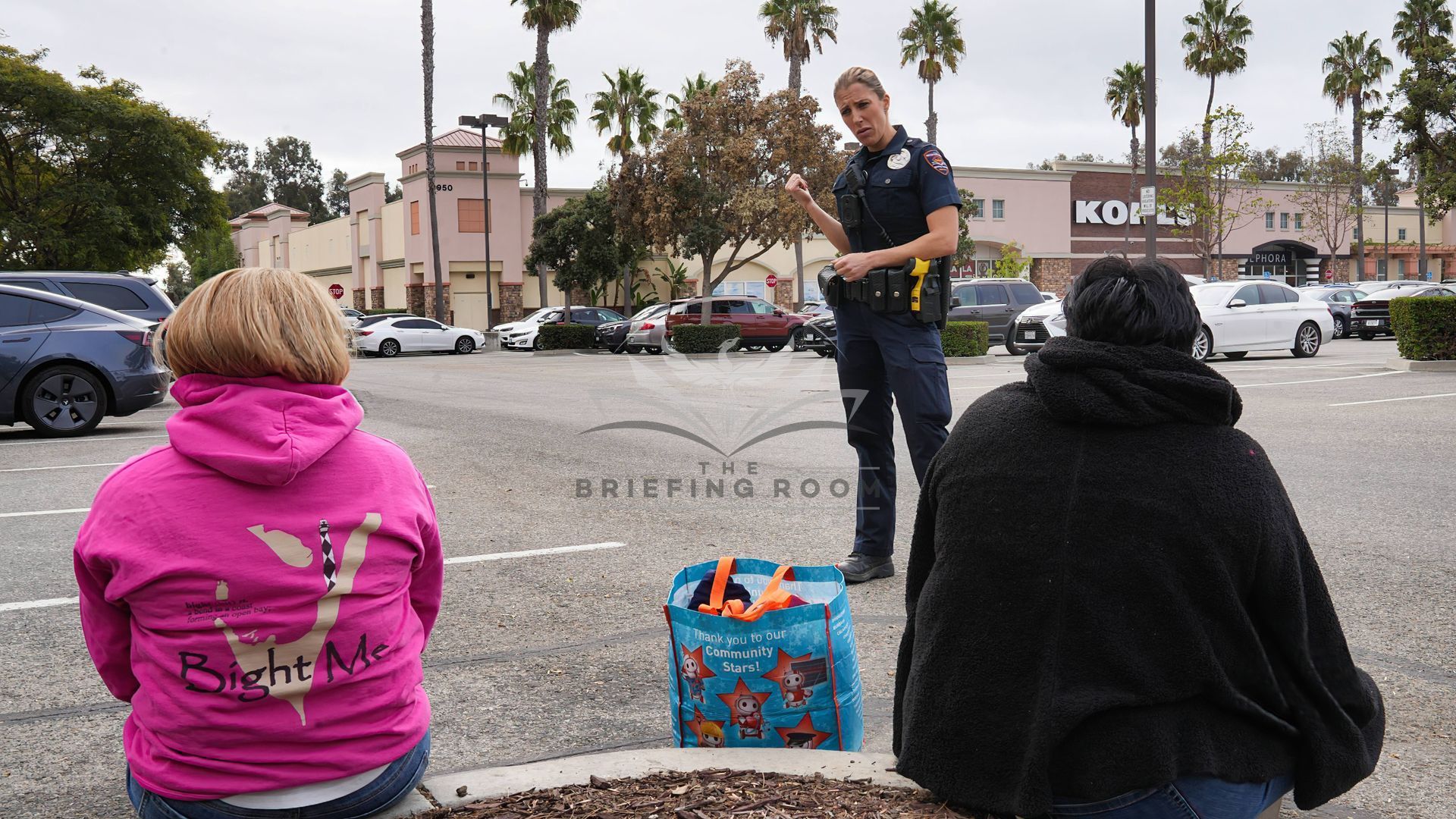Implement Use of Force Data Management Software

Should your agency start to Implement Use of Force Data Management Software?
What are the five most common types use of force on your agency?
Which calls for service have the most probability to end in a Taser usage versus a take down?
What time of day do these incidents typically occur and in what patrol areas?
Unless you're using data management software to track your agency's use of force data, you don't really know the answers to these questions. Force accountability software provides your agency with professional records management and statistical tracking. It provides your Managers and a use of force review unit with instant access to statistical trends and allows you to adjust training and tactics to what is factually happening in the field. And finally, it will help you increase transparency with the public.
There are many different vendors for use of force accountability software including LEFTA Systems and I.A. Pro's Blue Teams. No matter what system you choose to use, the important thing is that you analyze the data it generates and adjust your training and tactics accordingly. For example, if takedowns are your most common use of force but your defensive tactics program doesn't emphasize training in takedowns, you should consider adjusting your program to meet your officer's needs. If a specific style of de-escalation is more effective than others, that tactic should be reinforced in training and in the field.
Even if your agency can't afford a dedicated software system, at a minimum someone in your agency will be an expert in the use of Microsoft Excel. Have them set up a spreadsheet that keeps track of various data related to use of force incidents such as time of day, area of the city, force used, what de-escalation attempts were made, whether or not the use of force was successful, and so on. Each use of force incident would need to be hand entered but the intelligence you gather from that spreadsheet could help save your agency from a lawsuit, injuries or even save a life.
The Briefing Room has a short training video available on this exact scenario so agency supervisors can easily train every officer in your agency on this essential topic.
www.TheBriefingRoom.com
90-Second Training Videos Your Supervisors Use During Briefing or Roll Call To Develop High-Performing Teams of Officers.
✅ Lower Liability
✅ Retain Officers
✅ Build Community Support
🌟 Produced Exclusively by Active-Duty Law Enforcement Instructors 🌟
This post is only offered as a discussion topic only and does not represent legal advice. Officers must refer to the laws in their own State as well as their agency's policies, which can be more restrictive on officers that the law requires.



